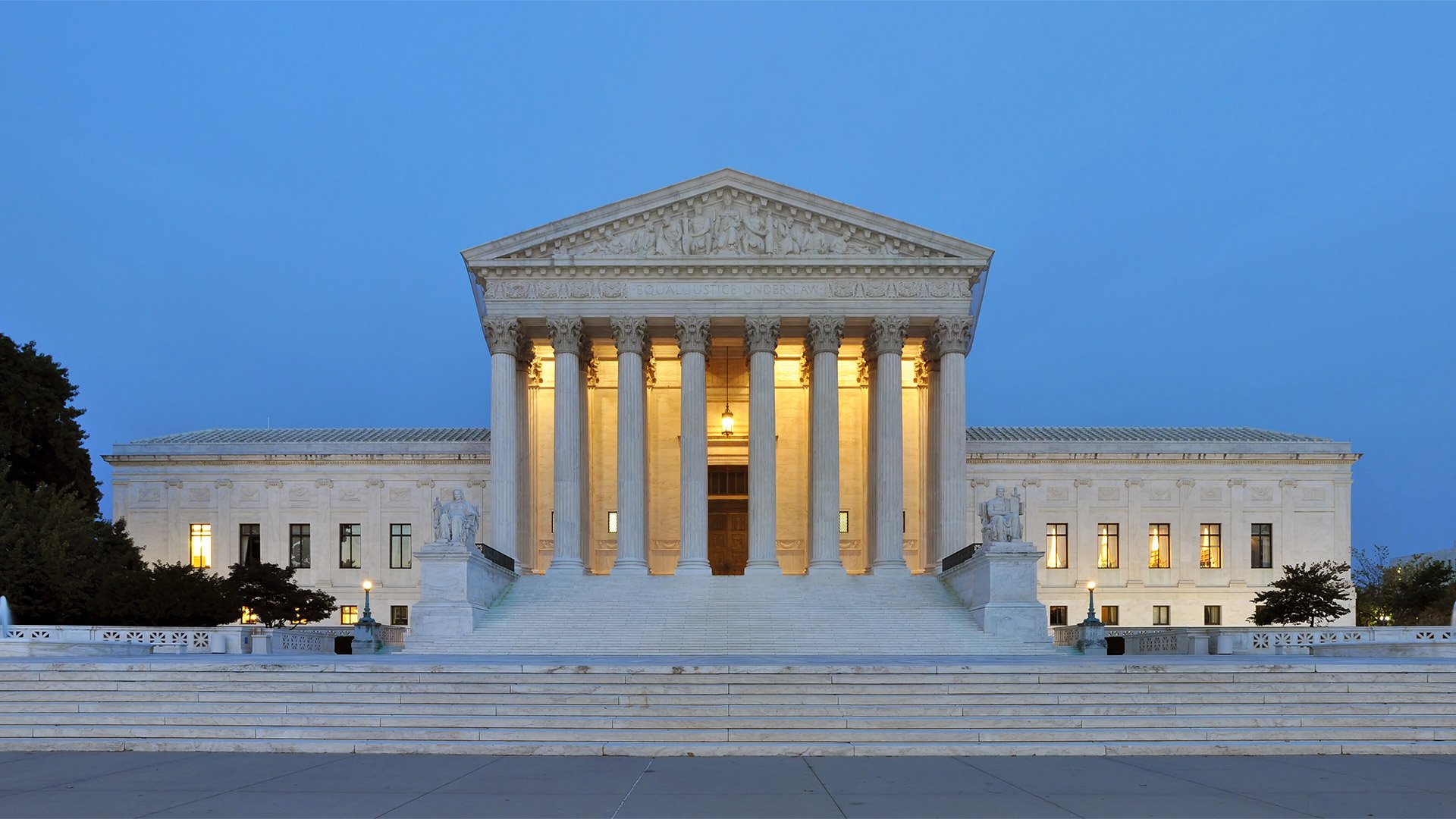DoJ argues against Supreme Court review of Florida sports betting case

The US Department of Justice (DoJ) has filed its response to the Supreme Court, arguing that the Florida sports betting case brought by West Flagler and Associates (WFA) does not warrant the court's attention. The filing is the final step before the court decides whether to hear the case, which could reshape the future of sports betting in Florida.
WFA filed a writ of certiorari in April, challenging the validity of the Seminole-Florida 2021 compact that grants the Seminole Tribe exclusivity over online sports betting. The DoJ, representing the Department of the Interior (DoI), contends that this issue is outside the Supreme Court’s jurisdiction.
DoJ attorneys assert that the compact does not breach any federal laws and that the DoI’s decision to let the compact be "deemed approved" does not violate the Indian Gaming Regulatory Act (IGRA), the Unlawful Internet Gaming Enforcement Act (UIGEA), or the equal protection clause of the Fifth Amendment.
The DoJ's argument rests on the principle that "IGRA leaves the substance of a tribal-state compact... to be determined by the tribe and the state." The DoI, they claim, only has grounds to disapprove a compact if it contravenes IGRA, other federal laws, or trust obligations to tribes.
While the dispute is being heard in federal court, it centers on states' rights. Florida voters passed Amendment 3 in 2018, requiring any expansion of gaming to be voter-approved. However, in 2021, Governor Ron DeSantis and state legislators approved the compact without a voter referendum, sparking controversy and legal challenges.
WFA initially sued DoI Secretary Deb Haaland, arguing she should not have allowed the compact to be deemed approved. Although the case involves the Seminole Tribe and the state of Florida, neither are direct parties to the federal lawsuit. The compact also permits the Seminoles to offer new casino games, including dice and ball games.
A US District Court initially ruled in favor of WFA, stating the DoI overstepped its authority. However, a federal appeals court overturned this decision. Supreme Court Justice Brett Kavanaugh has indicated that the case may not belong in federal court, as SCOTUS previously denied WFA a stay.
The compact, approved by state lawmakers, grants the Seminoles a monopoly on digital wagering. The tribe launched its Hard Rock Bet platform on November 7, 2023, ahead of the rollout of in-person sports betting and additional casino games.
The compact considers any wager placed in Florida as being on Indian land if it passes through a tribal server. This interpretation aligns with state law amendments allowing online bets to be processed through tribal servers, which would place the Seminoles' digital sports betting operations within legal bounds.
WFA argues that lawmakers bypassed Amendment 3. Should the case return to state court, this amendment will likely be pivotal.
The DoJ maintains that the DoI's approval process was proper. Haaland did not explicitly approve the compact; instead, she allowed the 45-day period to lapse, rendering it "deemed approved" in accordance with IGRA.
Under IGRA, a compact can address issues "related" to gaming activities. The DoJ argues that digital sports betting fits this description and that states have broad regulatory authority outside Indian territories.
The DoJ referenced the Michigan v. Bay Mills Indian Community decision, emphasizing that states can authorize tribal gaming operations on non-Indian lands under state law. This precedent supports the legality of the Seminole compact.
Regarding UIGEA, the DoJ noted that the appeals court found no violation, as the issue at hand was the DoI's approval of the compact. On equal protection, the DoJ dismissed WFA's claims as based on flawed premises.
The Supreme Court's decision on whether to hear the case remains pending, with no specific timeline. Historically, the court hears about 100-150 cases annually from over 7,000 petitions.


















































